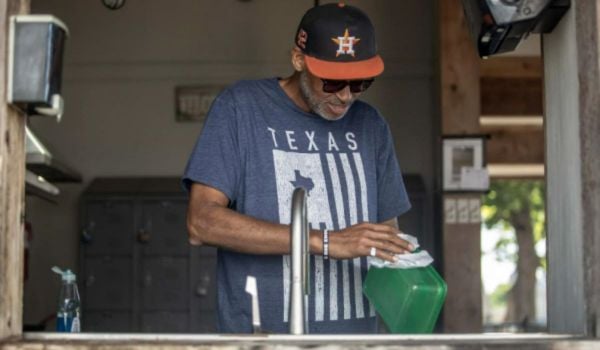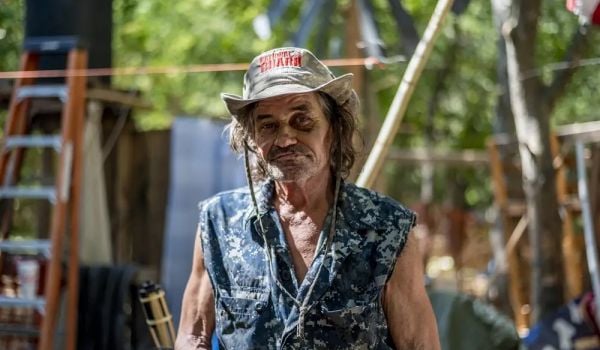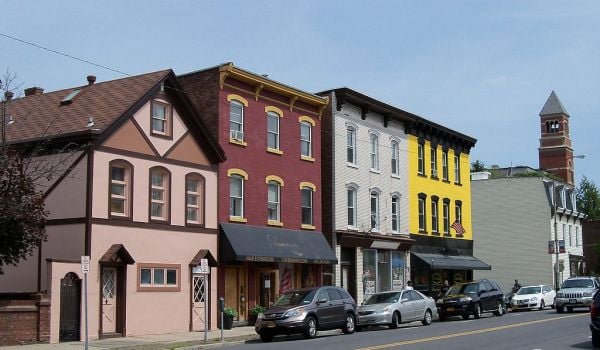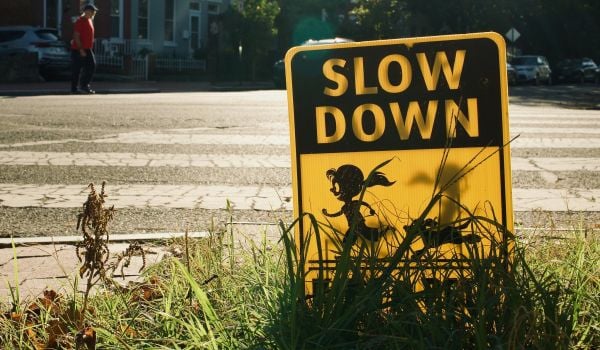Temperatures still reach into the mid-90s in downtown Austin, Texas, where tourists and residents alike mill around the light rail station by the convention center. On the sidewalks outside, there’s more than enough room for everyone to walk past the Hyatt, Marriott and Hampton Inn.
That won’t be true a few days from now, when the four-level convention center, which covers six city blocks, will host the third annual SXSW Eco. The sustainability and energy conference, which starts on October 7, is one of the South by Southwest organization’s newest features.
Best known for its Music Conference and Festival, which began in 1987, SXSW has since added film and “interactive” (read: tech) festivals to its repertoire. It also holds nine-day industry conferences in March, and next year will add the inaugural SXSports to the lineup.
These older events have helped give the Texas state capital a global reputation for bringing together the latest and greatest in entertainment and technology. Well-known brands like Foursquare and author Tim Ferriss of The 4-Hour Workweek fame have launched during the SXSW Interactive festival, and unknown musicians and filmmakers have gone on to find broader audiences after presenting here. In 2013, SXSW brought $218 million to the Austin economy — $25 million more than in 2012. This year, about 155,000 people participated in at least one SXSW event, according to a September report.
Beyond making Austin lots of money, SXSW has played a major role in rebranding the city as a destination for the creative class beyond musicians. Omar Gallaga, technology culture reporter for the Austin American-Statesman, says that the experimentation with new festivals means “when people think of tech, they think of Austin now.”
SXSW organizers want to see a similar convergence of their tech brand within conservation and sustainability circles. Scott Wilcox, director of technology for SXSW, LLC and SXSW Eco, noted Austin’s long history with environmental stewardship, conservation and clean tech. This is, after all, where Whole Foods Market was born.
Wilcox says that the idea for SXSW Eco emerged about eight years ago, when “we decided to form a sustainability team to look at our business operations to reduce waste and look at our energy efficiency.” SXSW Eco program manager Chris Sonnier worked with Wilcox to expand how the company operated in the conservation and energy space, and the programming grew out of that. An urban gardener with an interest in renewable energy, Wilcox also saw an opportunity to merge his background in technology with his personal interests.
“As a company that starts conferences, it seemed logical for us to build a conference around it,” Wilcox says. “We’ve learned from all of our conferences and we want to take the successes and tangible results we’ve seen and make them available, especially to the sustainability community.”
Wilcox says he’s learned about the power of unlikely partnerships, part of the reason that a workshop on running a non-governmental organization like a start-up will feature a keynote by graffiti artist Shepard Fairey. Instead of using the traditionally segmented model of specific niche conferences in topics like wind, water or food, SXSW Eco intentionally offers a diversity of cross-sector tracks.
It was evident that registrants, Sonnier says, “felt the spark and that they could be cross-sector, discussing sustainability as a system of all these industries that are, more and more, becoming the path forward.” In the tradition of its more established conferences, Wilcox and Sonnier say that SXSW Eco helped “build a platform that bridges public, private and academic sectors.” The programming relates to urban ecosystems, food waste, climate change and social justice.
At first glance, Texas doesn’t seem to be a great fit for hosting what organizers hope will become a globally attractive event. Yet Austin has become the fastest growing U.S. city, along with Houston, Dallas and San Antonio and their suburbs. “How do we make these growing population centers, resource-intensive places, efficient places to live?” Wilcox says. “Since many of them are in Texas, this is the ideal location to be engaging in this conversation and to try and put these practices to work.”
Sonnier says that while Texas isn’t known for being a leader in this space, SXSW Eco has the potential to change that. “Conversations about sustainability have been dominated by San Francisco and New York City, primarily,” he says. “A lot of great thought is happening in those areas. We don’t see the solutions created in those areas rippling out very often to other places. If those solutions can work in Texas, they can work anywhere else. That’s a more powerful solution.”
SXSW Eco has also expanded its exhibition space significantly to have more than 60 companies represented at the conference. In addition to ramping up its start-up showcase and venture capital pitch competition, there will be a DIY makers’ space and a themed meet-up pavilion. Sonnier’s main vision for SXSW Eco, he says, is for presenters to launch their ideas for financially feasible solutions to issues that will have “a true positive impact on society and the environment.”
Joshunda Sanders is an Austin-based writer.




_600_350_80_s_c1.jpg)











